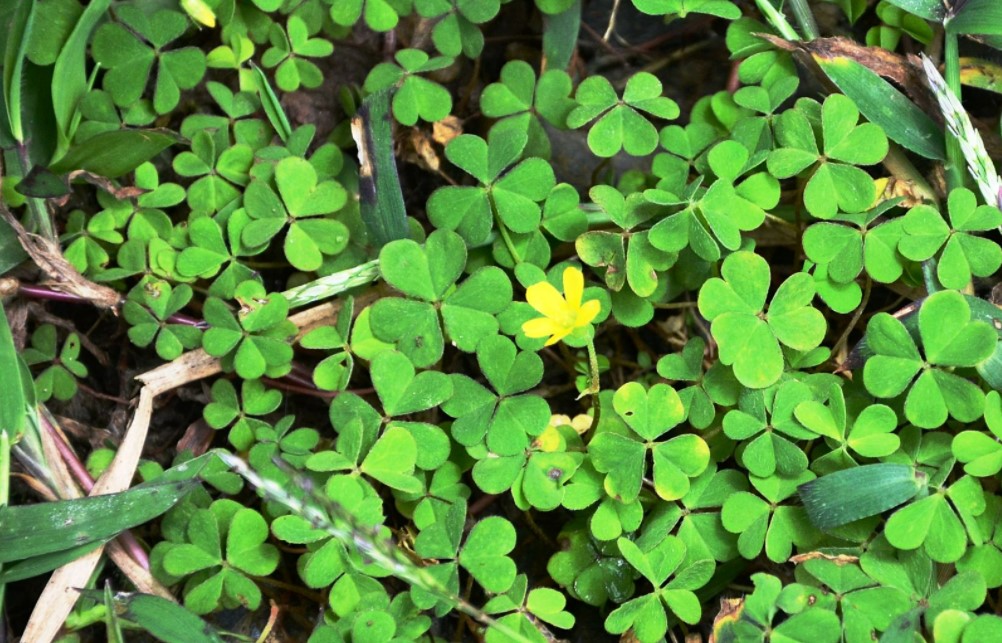In the past, when someone had a fever in the village, they were fed chiraito. Citamol is now found in the village itself. So chiraito is sold and citamole is bought and eaten. Modern herbs are bought at high prices by selling herbs at cheap prices. Due to such a practice, the indigenous treatment method and knowledge is in crisis.
Especially in our tribal community, there is a lot of knowledge about the use of plants. However, as the practical practice dwindled, the knowledge of some of the natives disappeared. Traditional knowledge is disappearing due to globalization, modernization and marketing. Future generations can benefit from archiving such invaluable knowledge.
Understanding this truth, scholar Kamal Adhikari is active in research. He has been writing a book on traditional knowledge and treatment methods prevalent in the Tamang community of Makwanpur.
Our basic knowledge is being passed down orally. Traditional treatment methods have not been removed in the villages. With the advent of modern medicine everywhere, there is a shortage of herbal remedies and the practice of treating mental problems has not diminished. Even those who are educated in the village or in the city are looking for religious teachers, priests, physicians, and acquaintances.
Traditional healing methods are important in terms of conserving natural resources. Some diseases and health problems have been solved through such treatment. After all, herbs are the raw material of modern medicine. Officials emphasize the need to complement traditional knowledge and modern science by exploring the hidden scientific facts in our traditional treatment methods.
His research book contains records of 111 types of herbs. In addition, 8 species of tigers, bears, cats, deer, moles, chickens, snails and lizards have been reported. Organs of these organisms are used to make medicine. It is not right to kill animals, but the locals must be encouraged to cultivate and use herbs.
The book also gives information about a dozen medicinal salts like ratomato, kamero, ash, darshandhunga, kerosene, mobil, salt, birenun, misri, vermilion, cow dung and alcohol.
“Locals should be allowed to use some of the currently banned herbs for indigenous knowledge and better use of natural resources,” the official said, adding that “this preserves traditional knowledge and flora.”



